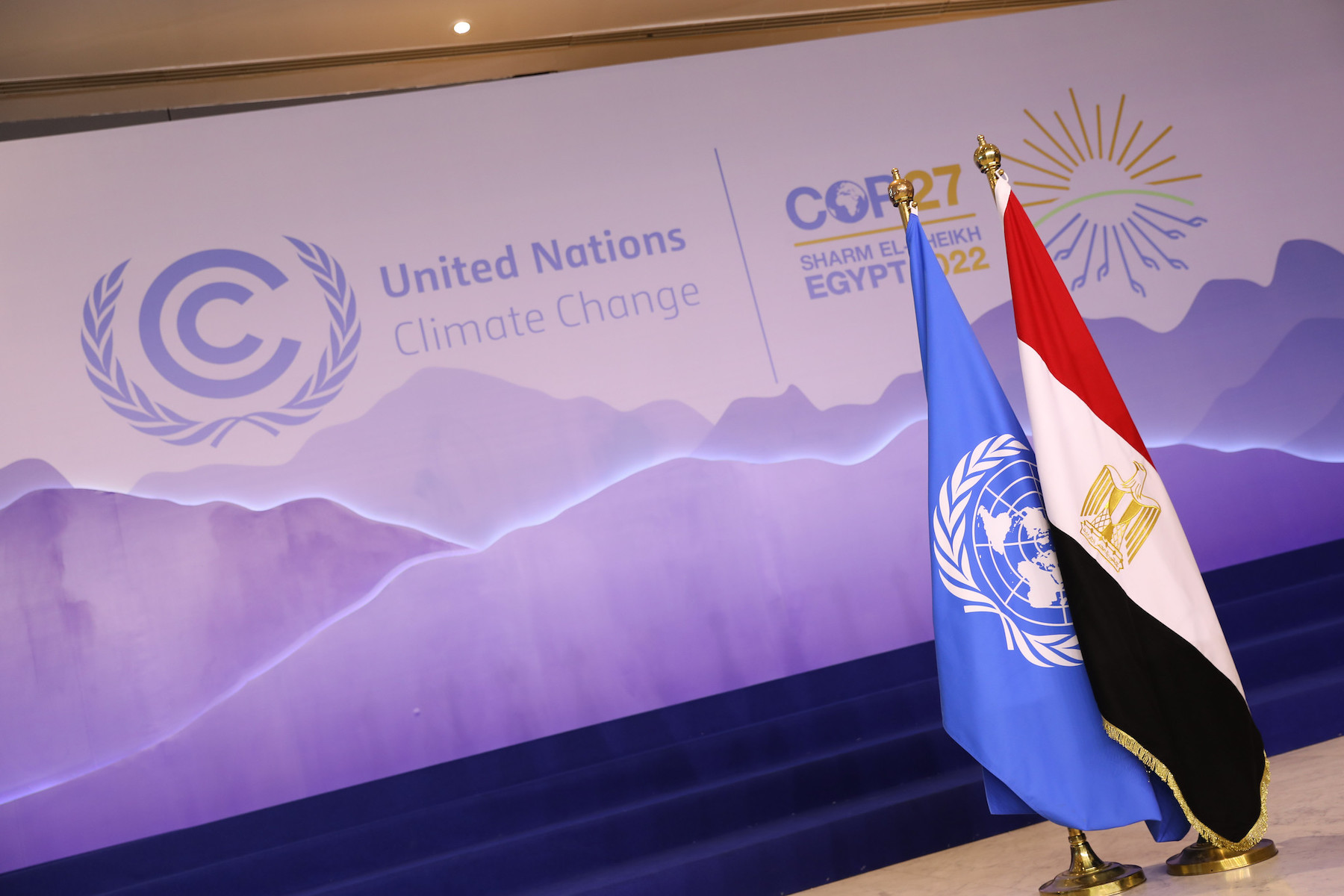The value of ecosystem services is estimated at $125 trillion, just a few trillion less than the world’s total GDP, yet we are failing to protect and preserve the nature and biodiversity that support ecosystem functioning. According to the 2018 Living Planet Report, two of the biggest biodiversity hotspots – freshwater and tropical ecosystems, are in the most precarious situations. Over exploitation, climate change, and pollution are taking their toll on the species-rich habitats, and in turn populations of water-dwelling animals have declined by 83% on average.
Numbers in the biannual report are estimated using The Living Planet Index, which is a measure of the state of the world’s biological diversity based on population trends of vertebrate species from terrestrial, freshwater and marine habitats. A total of 4,005 species in 16,705 distinct populations are monitored across the globe. Data collected from 1970 to 2014 shows an overall decline of 60% in the population sizes of vertebrates, including mammals, birds, fish, reptiles and amphibians. Geographically, species population declines are especially pronounced in the tropics, with South and Central America suffering an 89% loss compared to 1970.
Despite worldwide recognition of the need for conservation and sustainable use of biodiversity, trends continue to decline. Moving away from a business as usual scenario will require several calculated steps: translating the aspirational vision to an ambitious goal, identifying ways to measure progress towards the goal, and identifying actions to deliver the required transformation in global biodiversity.
Read the WWF’s full report, LIVING PLANET REPORT 2018: Aiming higher.






